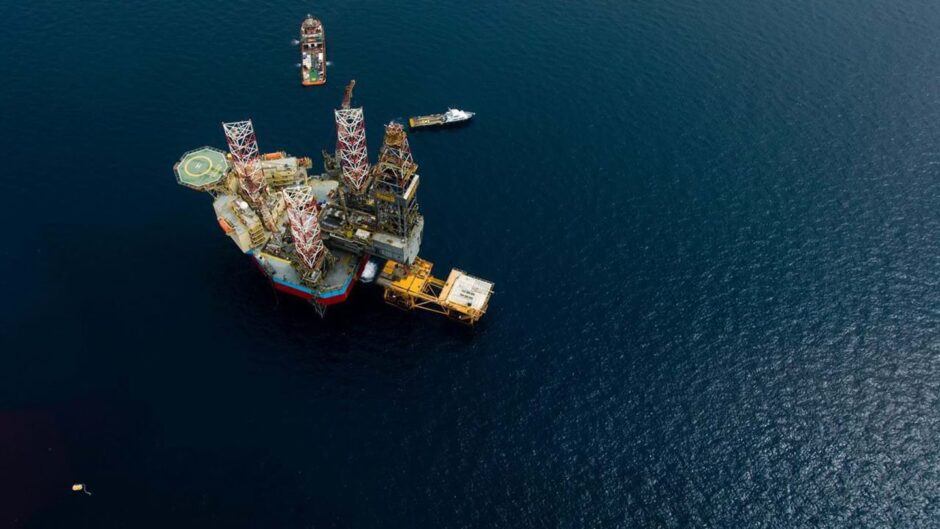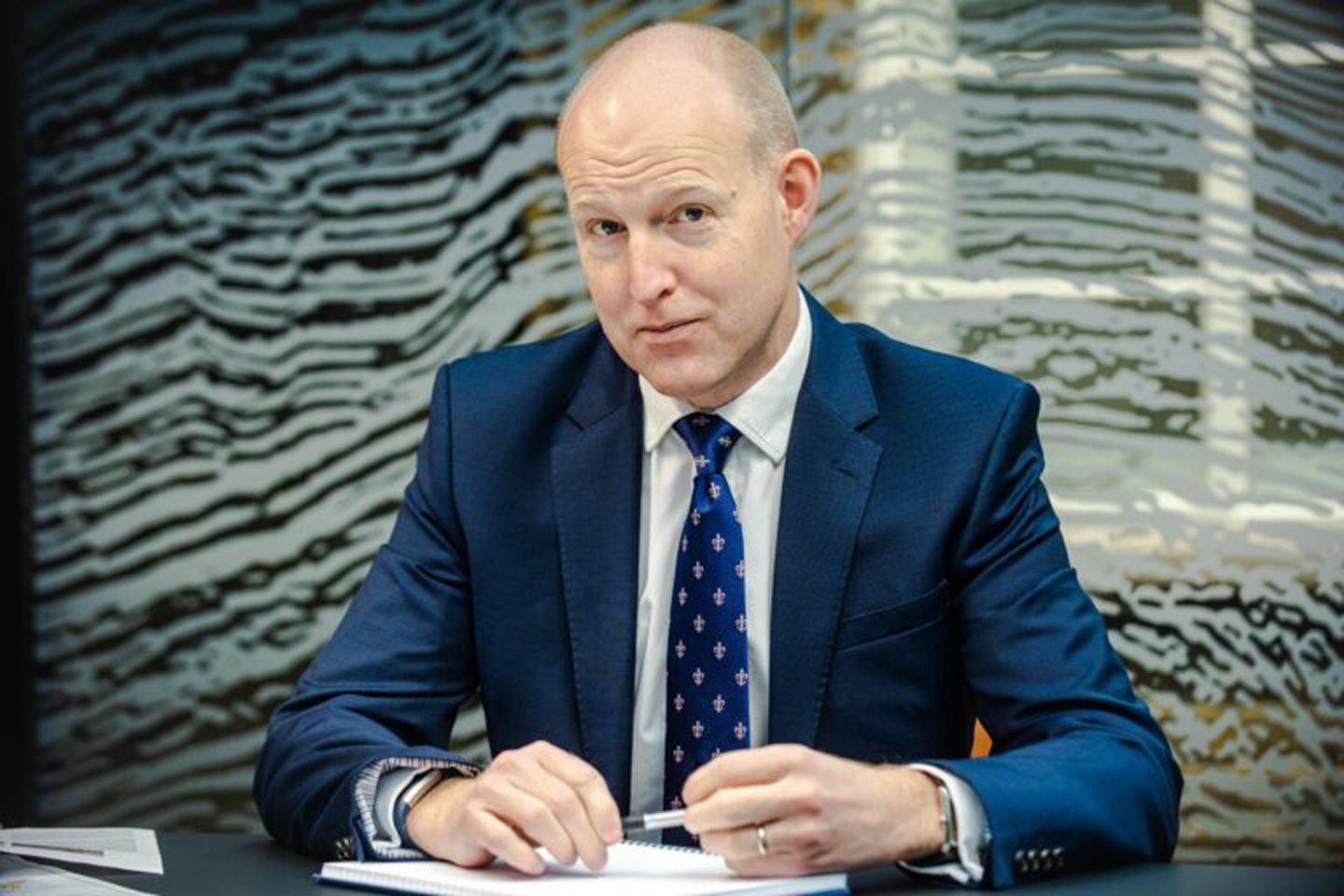
Deltic Energy (AIM:DELT) will withdraw from the licence covering the Pensacola discovery due to ongoing political uncertainty around the UK election.
The North Sea operator last week warned it had until Wednesday June 12 to find a farm-out partner for the Pensacola licence.
Drilling and assessment at Pensacola recently confirmed it as the largest discovery in the southern North Sea in a decade as 72.6 million barrels of oil equivalent in a gas and oil case.
Earlier this year, analyst firm RPS Energy valued Deltic Energy’s 30% stake in the Shell-operated Pensacola discovery at $200m.
But today Deltic said despite an “exhaustive process” it was unable to secure a farm-out or alternative funding solution to allow the company to continue with respect to the Pensacola appraisal well.
Deltic blamed “ongoing fiscal volatility and negative political rhetoric” in the lead-up to the UK general election on July 4.
In a stock market update, Deltic Energy chief executive Graham Swindells expressed his disappointment over the decision.
“Recent history in relation to large scale discoveries such as Cambo and Rosebank has demonstrated the difficulties associated with progressing major offshore developments on the UKCS as damaging political rhetoric and fiscal instability continue to undermine the sector,” Mr Swindells said.
“Although we have been unable to secure Deltic’s future involvement in the Pensacola project, it does not detract from the achievements of the team in identifying the opportunity, attracting a partner like Shell and raising the necessary capital to drill the initial discovery well.”
Mr Swindells said despite the disappointment of withdrawing from Pensacola, Deltic will now turn its attention to its Selene, Syros and Blackadder projects.
“We believe these can be brought onstream more quickly, help maintain the viability of existing infrastructure and defer decommissioning of key production hubs which continue to generate interest despite the general malaise affecting the UK E&P industry,” he said.
UK general election
Other North Sea operators are also feeling the impact of political uncertainty surrounding the UK general election, with the leading Labour party promising to introduce a “proper windfall tax“.
The North Sea oil and gas sector has emerged as a key political battleground, amid warnings the next government has 100 days to save 100,000 jobs in the industry.
Deltic Energy is not the only North Sea operator to face uncertainty surrounding its North Sea projects, with Jersey Oil and Gas pushing back the start date of its Buchan project.
Viaro, Hartshead Resources, TotalEnergies and Ping Petroleum have also been tipped to slow progress on UK projects due to political uncertainty.
Selene, Syros and Blackadder
Elsewhere, Deltic said it continues to make “very good progress” on its Selene exploration well, which remains on track to commence drilling operations in the first half of July.
Deltic retains a 25% working interest in the licence following a farm-out to Dana Petroleum earlier this year.
Deltic said the successful farm-out of Selene demonstrates “significant appetite remains for certain types of exploration assets” within the Southern North Sea.
Unlike Pensacola, Deltic said the Selene prospect is a simple Leman Sandstone structure in an “established, well understood play” located close to existing infrastructure.
Deltic also said it is in the process of bringing the farm-out of its 100% working interest in the Syros prospect to a close.
Meanwhile, Deltic said due to interest in the Selene prospect the company will focus its efforts on the licences it received in the 33rd licensing round third tranche.
Containing the Pharos-Blackadder discovery located next to infrastructure at the West Sole field, Deltic said licence is considered to be a “better option with respect to attracting a partner and supporting future drilling activity in the current fiscal and political environment”.
“Our approach to acceptance of 33rd Licensing Round awards is part of a conscious transition by the Company away from large scale, greenfield exploration projects like Pensacola and towards those infrastructure-led opportunities which are lower risk and have an accelerated cycle time from identification to first gas,” Deltic said.
Recommended for you


 © Supplied by Deltic Energy
© Supplied by Deltic Energy